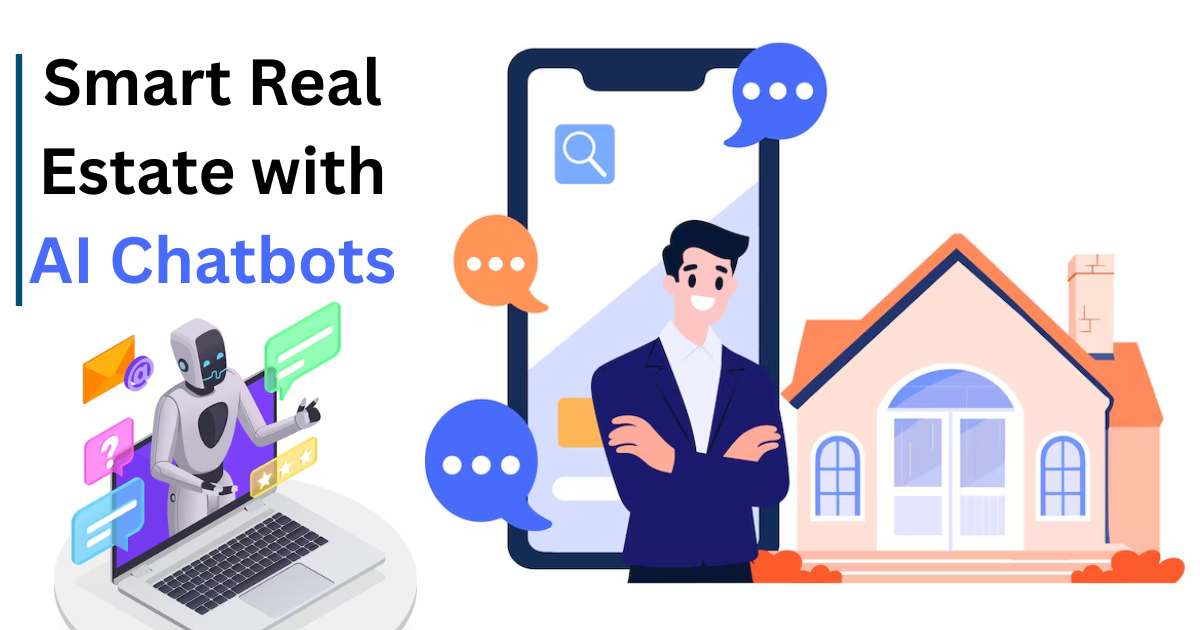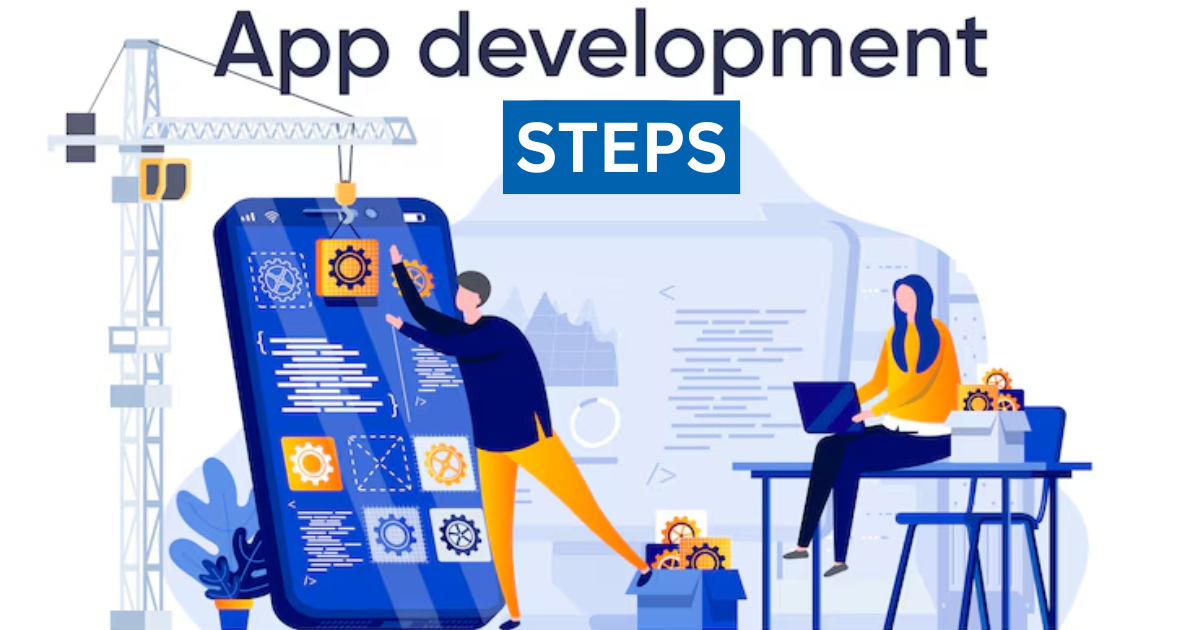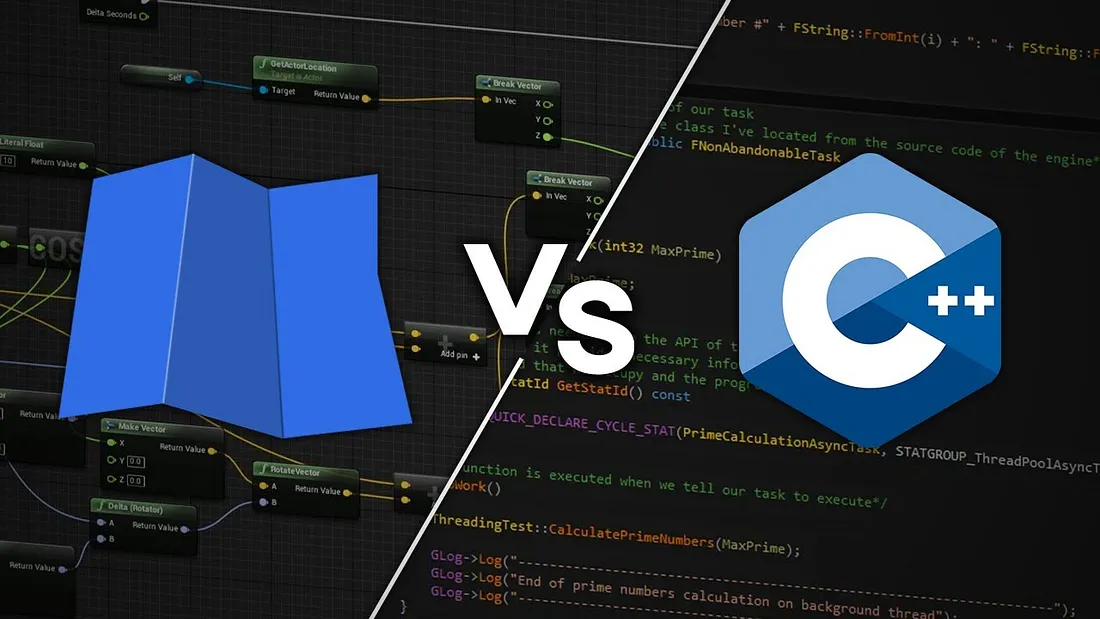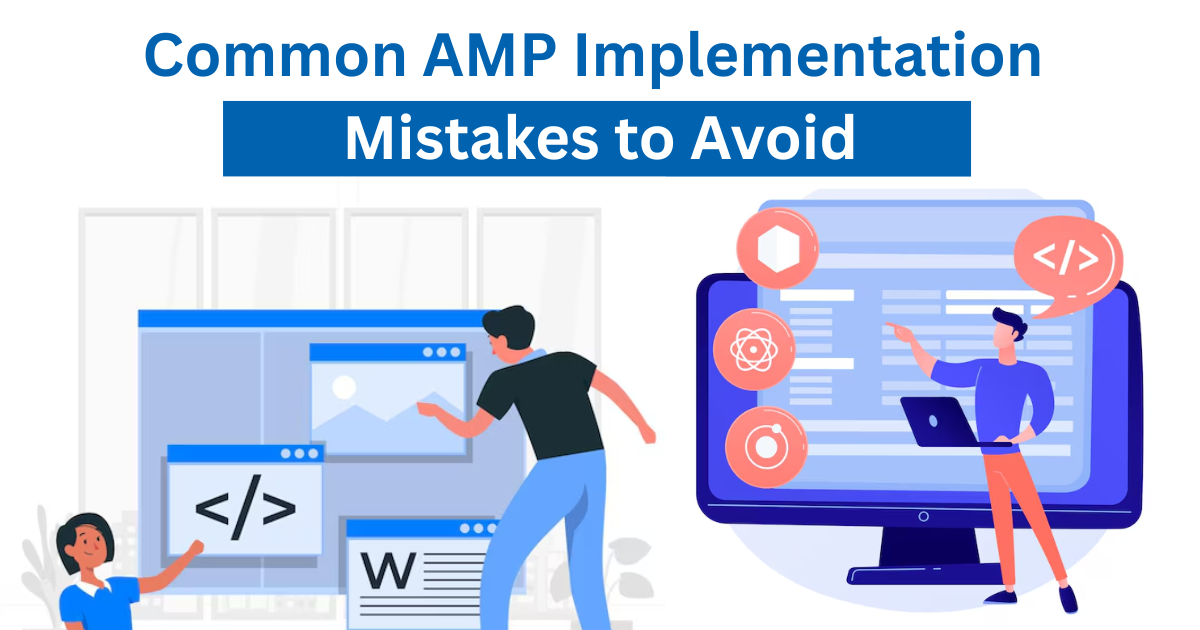Real Estate Chatbots: Streamlining Property Searches and Client Communication

Strong 8k brings an ultra-HD IPTV experience to your living room and your pocket.
In 2025, 73% of real estate inquiries begin online, and 60% of buyers expect instant responses during their search. This rapid digital shift creates a demand for tools that respond in real-time and manage large volumes of requests effectively. A chatbot app development company can address these needs with custom AI solutions designed for real estate businesses. These chatbots help clients find properties, schedule visits, and get answers without human delay.
This article explores the role of real estate chatbots in simplifying property searches and improving client interactions. It focuses on the technical design, benefits, and real-world applications of chatbot integration. We also evaluate key features, development strategies, and business outcomes.
Role of Chatbots in Real Estate
Real estate involves high-value transactions and complex customer journeys. Buyers and renters often want to filter through listings, compare options, and ask questions before committing. Human agents may not always respond quickly or consistently. Chatbots reduce this gap.
Common Use Cases
- Property discovery: Users get suggestions based on filters like location, price, size, and amenities.
- Lead generation: Bots collect user data such as email, preferences, and contact details.
- Appointment scheduling: Users book viewing slots without contacting an agent.
- Answering FAQs: Bots respond to queries about financing, property taxes, or availability.
- Document support: Some bots help share brochures, floor plans, and contracts.
How Chatbots Improve Property Search
Chatbots improve how clients search for properties by using structured conversational flows and decision trees. Users input criteria step-by-step, which is easier than browsing through long property lists.
Key Functionalities
- Filter-based Search: Filters listings using real-time input like location, price, and property type.
- NLP Engine: Understands natural language to process buyer queries.
- Image & Video Links: Shares media for listed properties directly within the chat.
- CRM Integration: Logs user data for follow-up and analytics.
- Geo-location Support: Suggests properties based on the user’s GPS location.
Example:
A buyer texts: “Show me 2BHKs in Noida under ₹70 lakhs.”
The chatbot narrows down matching options from the database and presents them with image previews.
Client Communication and Engagement
Communication in real estate is time-sensitive. Missing one client message may mean losing a deal. Chatbots, powered by backend APIs and CRM links, handle large query volumes instantly.
Features That Aid Communication
- 24/7 Availability: No time limits for user queries.
- Multilingual Support: Helps in regions with diverse language preferences.
- Sentiment Analysis: Bots identify if a client is confused, frustrated, or ready to buy.
- Seamless Handover: Transfers complex requests to live agents with complete chat history.
Real estate companies that use chatbots report a 45% reduction in first response time and 35% increase in lead-to-deal conversion.
Technical Architecture of a Real Estate Chatbot
1. Frontend Layer
This is the user interface, typically embedded in:
- Websites
- Mobile apps
- WhatsApp/Telegram/Facebook Messenger
It supports UI elements like buttons, images, and quick replies.
2. Backend Engine
This includes:
- NLP module: Interprets user input using services like Google Dialogflow, Microsoft LUIS, or Rasa.
- Intent classifier: Maps input to a specific action (e.g., schedule visit, fetch listings).
- Entity extractor: Extracts values like location, budget, or number of rooms.
3. Integration Layer
This connects to:
- Property databases (e.g., MLS)
- CRMs (e.g., Salesforce)
- Calendar services (e.g., Google Calendar for booking visits)
- Payment gateways for deposits or token payments
A chatbot app development company customizes this architecture based on business requirements and available APIs.
Security and Compliance Considerations
Real estate bots handle sensitive user data like names, addresses, and financial details. It is critical to ensure data protection.
Key Measures
- SSL encryption for chat sessions
- OAuth 2.0 for secure login
- GDPR and local compliance for data storage and consent
- Session management to avoid data leaks in shared environments
For example, a European real estate portal integrated GDPR-compliant consent forms within its chatbot interface to avoid legal issues.
Real-World Implementation Examples
Example 1: Real Estate Portal in India
- Objective: Reduce manual effort in handling user queries.
- Implementation: Chatbot integrated into web and WhatsApp platforms.
- Result: Handled 80% of daily queries with 97% accuracy in property suggestions.
Example 2: U.S. Property Management Firm
- Objective: Book site visits for new residential developments.
- Implementation: Chatbot connected to Google Calendar and CRM.
- Result: Bookings increased by 30%, and no-show rates fell by 20%.
Benefits for Real Estate Businesses
Chatbots offer measurable improvements in various business areas:
- Lead Management: Captures, qualifies, and routes leads instantly
- Time Efficiency: Reduces agent involvement in basic queries
- Cost Savings: Cuts need for a large support team
- Conversion Rate: Improves with faster responses and personalized support
- Data Collection: Gathers analytics on user behavior and preferences
A chatbot app development company often integrates analytics dashboards for tracking these metrics in real-time.
Limitations and How to Overcome Them
Limitations
- Bots may misinterpret ambiguous queries
- Lack of empathy in sensitive conversations
- Technical errors with poorly integrated systems
Solutions
- Use hybrid models that combine bots and human agents
- Regularly update NLP models with training data
- Perform QA testing on integration endpoints
Future Trends in Real Estate Chatbots
- Voice-Based Chatbots: More buyers use smart assistants to search properties.
- Predictive Suggestions: AI recommends listings based on past interactions.
- AR/VR Integration: Bots initiate 3D or virtual tours from chat interfaces.
- Blockchain Contracts: Some bots help process secure smart contracts for bookings.
By 2026, 50% of real estate customer service is expected to be handled through AI chat systems.
Choosing the Right Chatbot App Development Company
When selecting a development partner, consider the following:
- Experience in real estate projects
- Support for multilingual and omnichannel deployment
- Availability of customization options
- Security certifications
- Post-launch support and training
Ensure the chatbot app development company provides documentation, API guides, and modular code for future upgrades.
Conclusion
Real estate chatbots have become a vital tool in property discovery and client engagement. They manage buyer queries, automate repetitive tasks, and ensure faster communication. With proper design, security, and integration, chatbots can transform how real estate businesses operate.
As user expectations grow, adopting chatbot technology is no longer optional. Businesses that invest in AI-powered communication tools gain a competitive edge. Partnering with a skilled chatbot app development company ensures solutions that align with business goals and future growth.
FAQs
1. What is a real estate chatbot?
A real estate chatbot is an AI-based tool that assists users in finding properties, scheduling visits, and getting information through automated chats.
2. How does a chatbot help property buyers?
It offers personalized property suggestions, answers queries instantly, and helps schedule appointments without involving a human agent.
3. Can chatbots handle legal or financial queries in real estate?
Basic questions about taxes or financing can be addressed. For legal matters, the bot can escalate to a human agent.
4. Is a chatbot suitable for small real estate agencies?
Yes, even small agencies benefit from reduced response times and better lead management through automation.
5. How long does it take to develop a custom real estate chatbot?
A basic version can be developed in 3–6 weeks. Advanced bots with integrations may take longer.
6. Can the chatbot work on platforms like WhatsApp and Facebook Messenger?
Yes, most chatbot solutions can be deployed across web, mobile apps, and messaging platforms.
7. How secure is user data handled by chatbots?
With SSL, OAuth 2.0, and compliance measures like GDPR, chatbot data can be kept secure and private.
8. How do I update property listings in the chatbot?
Listings are typically linked to a database or CMS. Updates in the backend reflect instantly in the chatbot.
Note: IndiBlogHub features both user-submitted and editorial content. We do not verify third-party contributions. Read our Disclaimer and Privacy Policyfor details.







